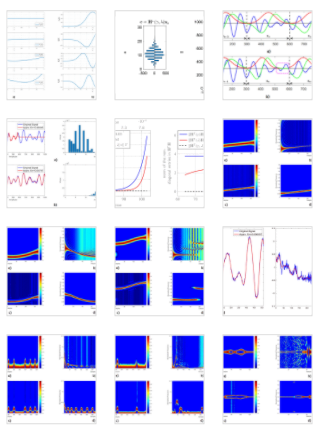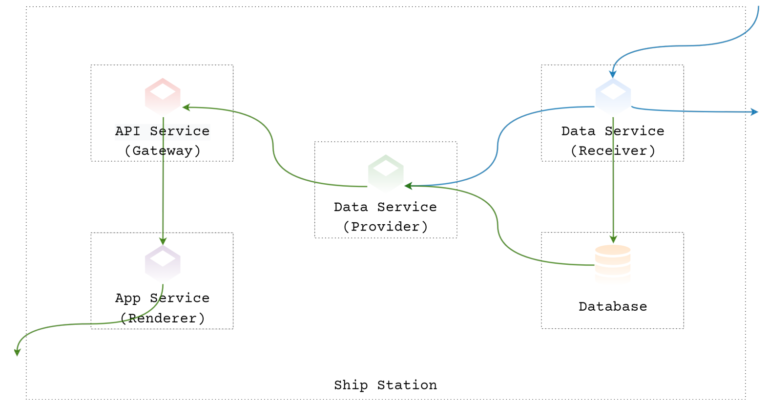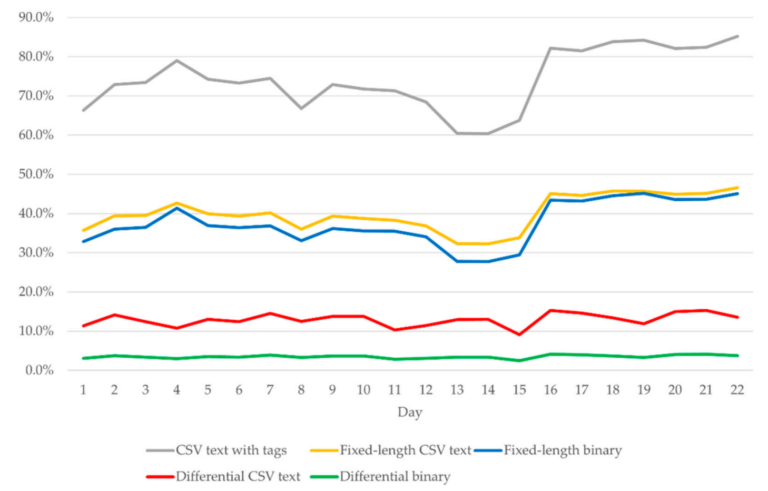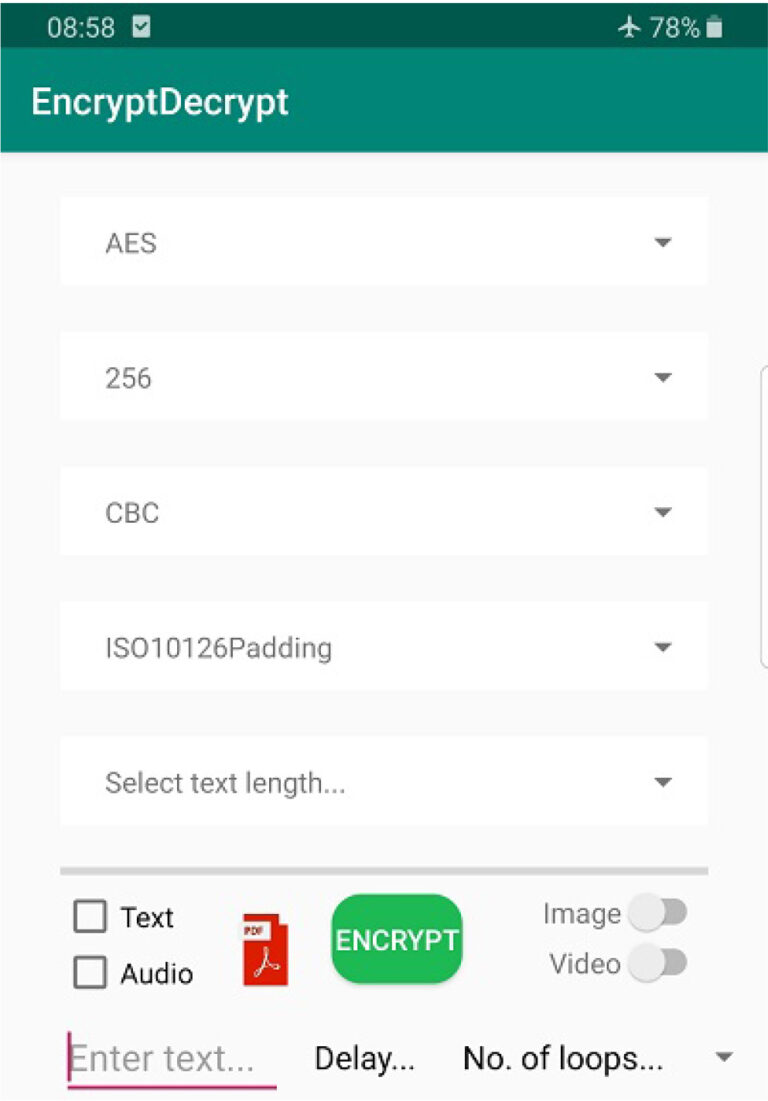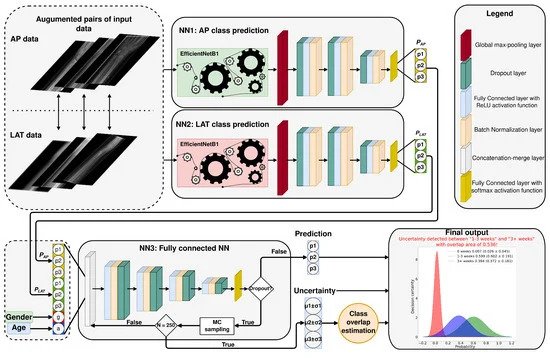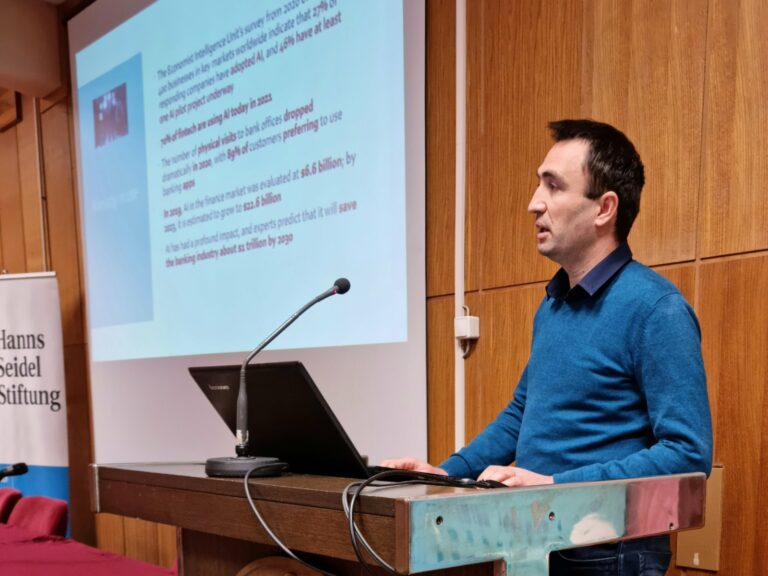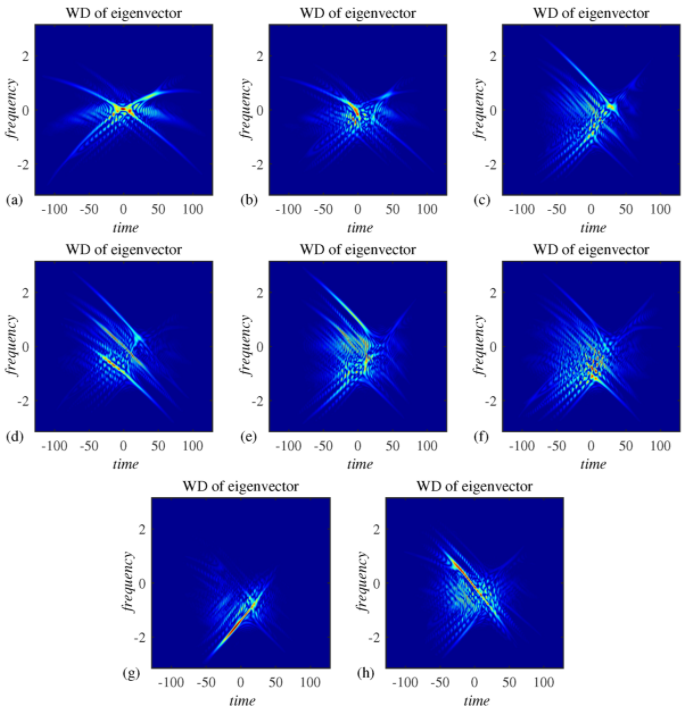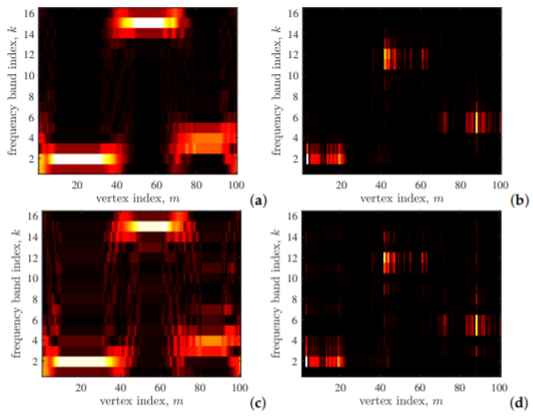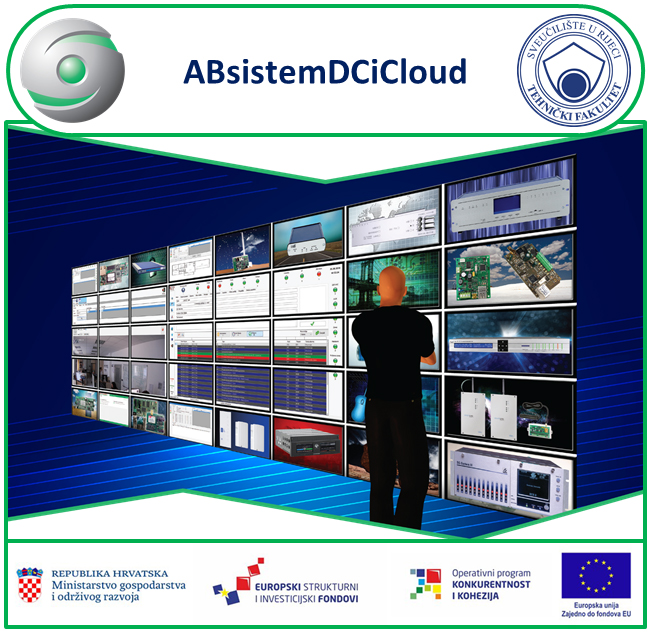In analyzing non-stationary noisy signals with time-varying frequency content, it’s convenient to use distribution methods in joint, time and frequency, domains. Besides different adaptive data-driven time-frequency (TF) representations, the approach with multiple orthogonal and optimally concentrated Hermite window functions is an effective solution to achieve a good trade-off between low variance and minimized stable bias […]
Laboratory for Information Processing and Pattern Recognition
BlueNavi: A Microservices Architecture-Styled Platform Providing Maritime Information
Traditional methods of marine navigation are undergoing a revolution brought about by the almost universal adoption of the Automatic Identification System (AIS). AIS exchanges a wealth of navigational information among vessels and between ships to shore through Very High Frequency (VHF). With AIS data integrated into the Electronic Chart Display and Information System (ECDIS), the […]
Shipboard Data Compression Method for Sustainable Real-Time Maritime Communication in Remote Voyage Monitoring of Autonomous Ships
Due to the ever-increasing amount of data collected and the requirements for the rapid and reliable exchange of information across many interconnected communication devices, land-based communications networks are experiencing continuous progress and improvement of existing infrastructures. However, maritime communications are still characterized by slow communication speeds and limited communication capacity, despite a similar trend of […]
Detection of Non-Stationary GW Signals in High Noise from Cohen’s Class of Time-Frequency Representations Using Deep Learning
Analysis of non-stationary signals in a noisy environment is a challenging research topic in many fields often requiring simultaneous signal decomposition in the time and frequency domain. This paper proposes a method for the classification of noisy non-stationary time-series signals based on Cohen’s class of their time-frequency representations (TFRs) and deep learning algorithms. We demonstrated […]
Analysis of Cryptography Algorithms Implemented in Android Mobile Application
This paper evaluates the performances of numerous encryption algorithms on mobile devices running the Android operating system. The primary objective of our research was to measure and compare the relative performances of tested algorithm implementations (Data Encryption Standard (DES), 3DES, Advanced Encryption Standard (AES), ChaCha20, Blowfish, and Rivest Cipher 4 (RC4)) on the Android platform. […]
Modeling Uncertainty in Fracture Age Estimation from Pediatric Wrist Radiographs
In clinical practice, fracture age estimation is commonly required, particularly in children with suspected non-accidental injuries. It is usually done by radiologically examining the injured body part and analyzing several indicators of fracture healing such as osteopenia, periosteal reaction, and fracture gap width. However, age-related changes in healing timeframes, inter-individual variabilities in bone density, and […]
Presentation at the conference “Digital Innovation and Technology for People”
Assoc. Prof. Dr. Sc. Jonatan Lerga held a talk on “How is AI Changing Financial Services?” at the conference “Digital Innovation and Technology for People” held in Opatija on the 9th of December 2021.
Multivariate Decomposition of Acoustic Signals in Dispersive Channels
We present a signal decomposition procedure, which separates modes into individual components while preserving their integrity, in effort to tackle the challenges related to the characterization of modes in an acoustic dispersive environment. With this approach, each mode can be analyzed and processed individually, which carries opportunities for new insights into their characterization possibilities. The […]
From Time–Frequency to Vertex–Frequency and Back
The paper presents an analysis and overview of vertex–frequency analysis, an emerging area in graph signal processing. A strong formal link of this area to classical time–frequency analysis is provided. Vertex–frequency localization-based approaches to analyzing signals on the graph emerged as a response to challenges of analysis of big data on irregular domains. Graph signals […]
ABsistemDCiCloud
Kratki opis projekta Alarm automatika je u suradnji s Tehničkim fakultetom u Rijeci kroz istraživačko razvojne aktivnosti u području ekologije i sigurnosti osmislila proizvod koji je u isto vrijeme namijenjen zaštiti domova, poslovnih prostora te ostalih objekata i povećanju energetske učinkovitosti. ABsistemDCiCloud predstavlja inovaciju na tržištu koja se temelji na razvijenom softveru, a koja će […]
